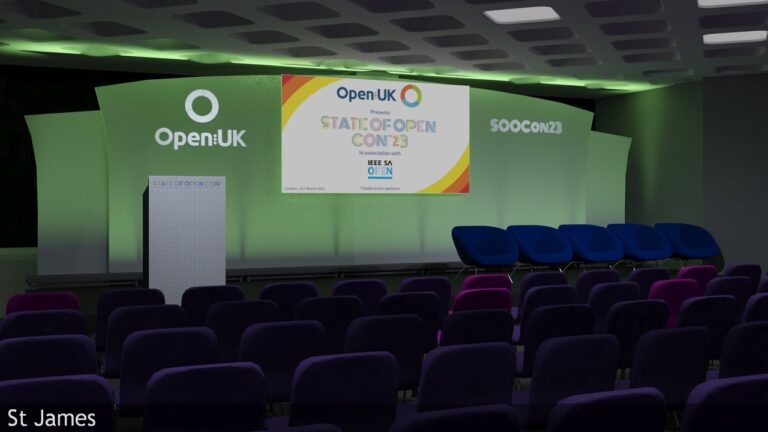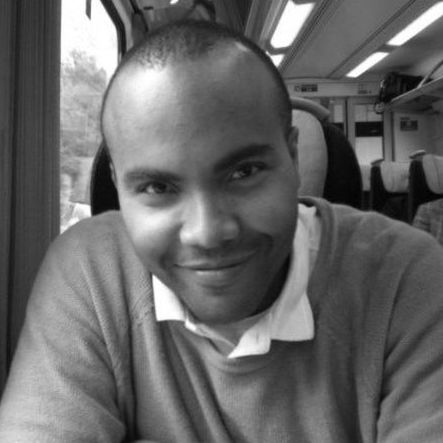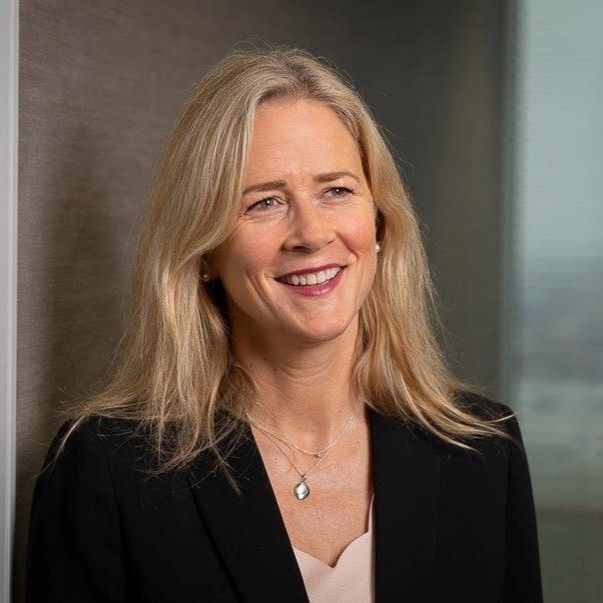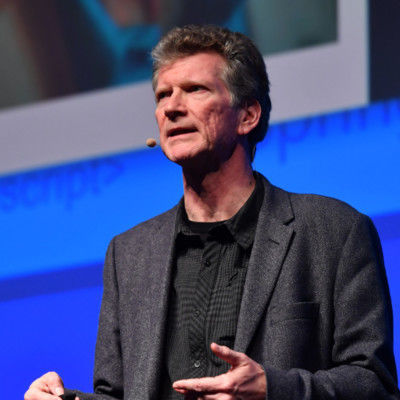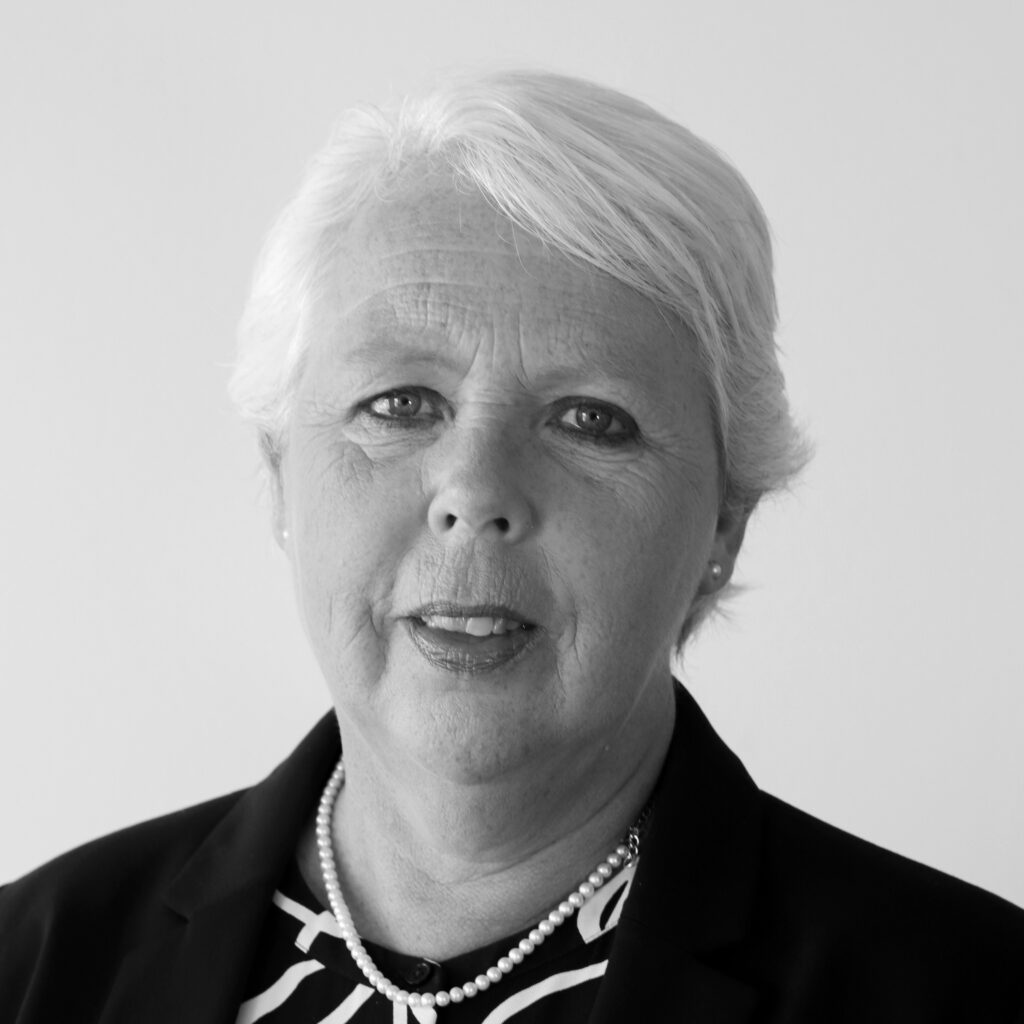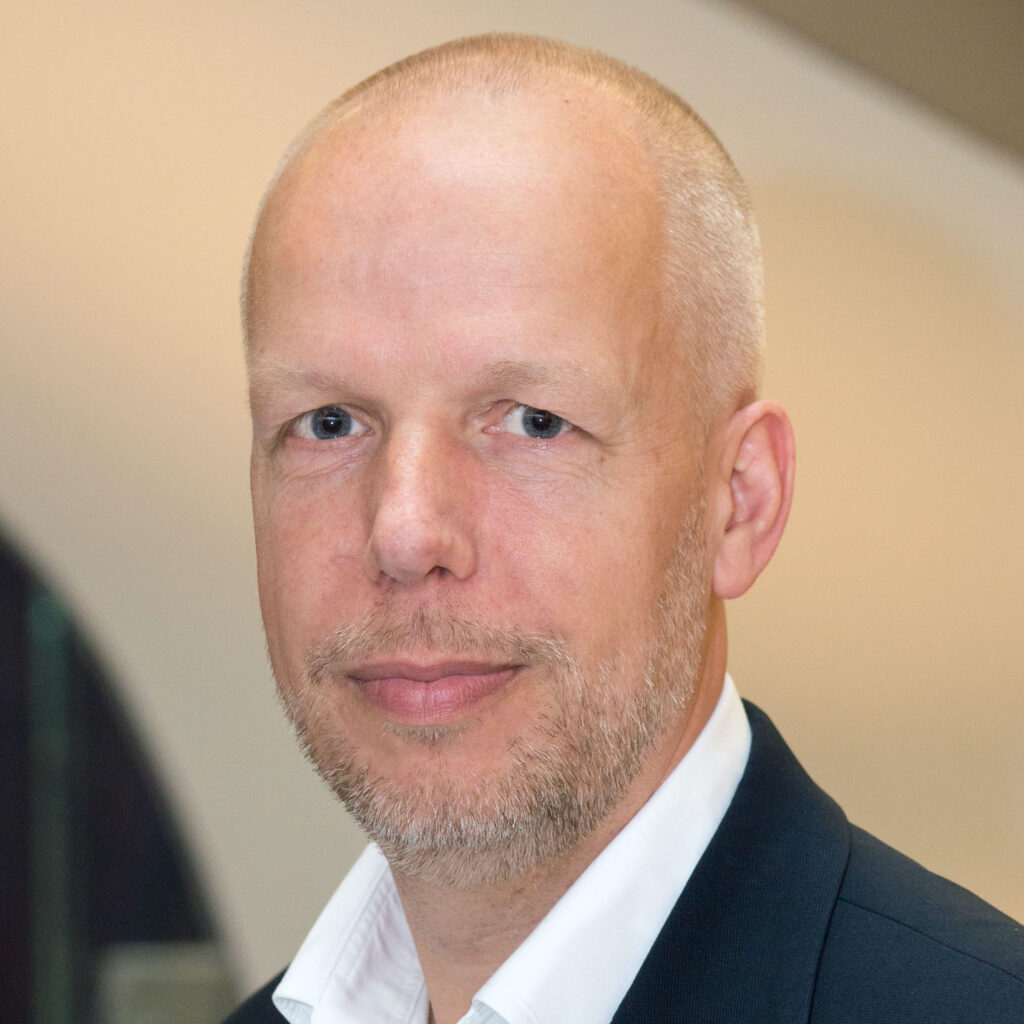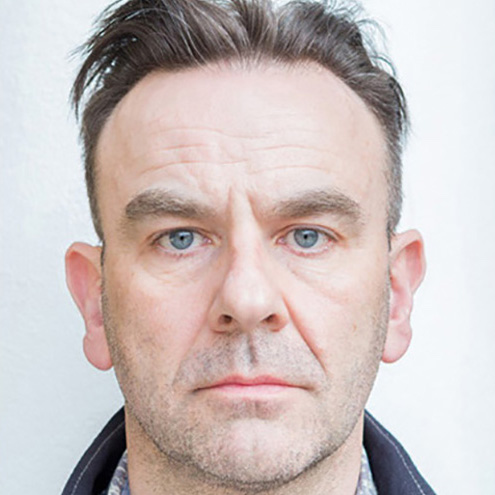What:
We have seen much value – economic, environmental and social – derived from open data in the past ten years. The Covid-19 pandemic highlighted this value, with the opening up of medical research and public health data, contributing to the faster development of vaccines and treatments, and the tracking and management of emergent variants.
One of the most significant open data success stories – in the UK – has been the opening up, by Transport for London (TFL), of unified data about the transport network. Businesses such as Waze, Citymapper, and Bus Checker have been built using this data, which has also been used in academic studies and by non-commercial customer-facing organisations. The most recent figures suggest that the release of the TFL data alone has created annual economic benefits and savings of up to £130m for travellers, TFL and businesses in London.
Meanwhile, the Open Banking movement which grew out of an initial working group, convened by HM Treasury and co-chaired by the Open Data Institute and Barclays, now has 4.5m UK users.
We have come a long way in many areas, although, in others, open data is unfinished business. For example, in the UK, we still haven’t got an openly available dataset comprising the country’s legally recognised addresses. This is a fundamental part of our national data infrastructure and if made available as open data, this could unlock huge potential for new businesses and services to the benefit of people across the country.
We are especially interested in projects that recognise the value of the data spectrum (ie. the relationship between open, shared and closed data), and which identify how solutions to the world’s greatest challenges can be solved across this spectrum of data. All projects and ideas, however, must recognise the value of open data as the foundation of effective data infrastructure and must include open data. If your application is successful, you may be asked to speak and exhibit at the event.

